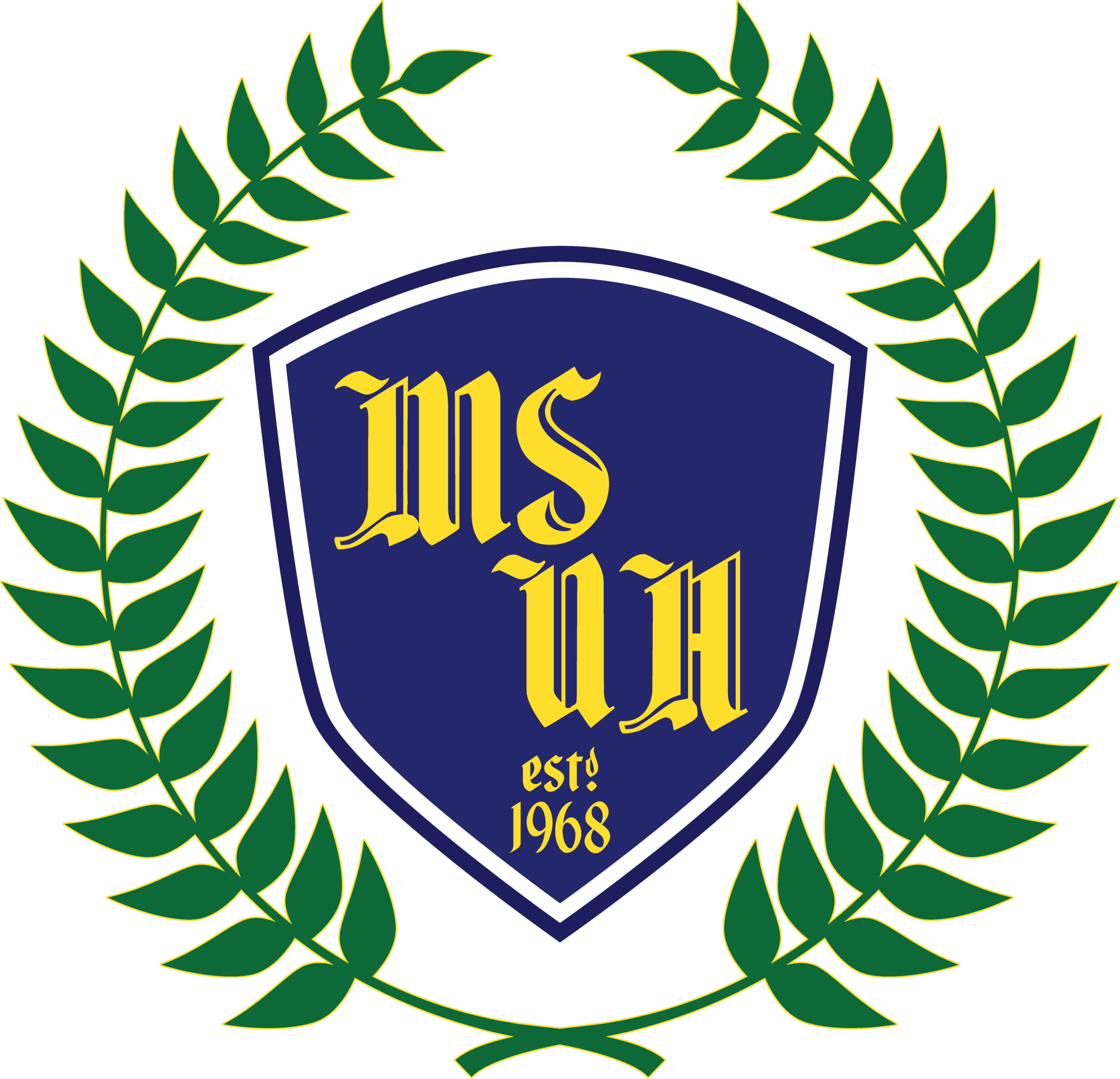Language
The area of language development provides one of the clearest examples of the workings of the child's absorbent mind and the sensitive periods. At birth the child has no spoken language, yet before the age of three children are able to speak perfectly their native language. The young child not only has an extensive vocabulary but also has absorbed and uses correctly most of the rules of grammar and syntax peculiar to that language.
The sensitive period for the development and refinement of language lasts from birth through age six. Our language arts curriculum includes activities and materials to enrich and expand the child's language development. The child's oral language expands through songs, stories, rhymes, finger plays, the reading of books, and oral grammar games. The adults are conscientious in using accurate vocabulary, modeling proper articulation, and expanding on the child's language.
The skills classified as "reading readiness skills" including visual discrimination, visual closure, figure/ground discrimination auditory discrimination, auditory memory, spatial awareness, vocabulary development, gross and fine motor development, classification and sequencing abilities, are developed with the practical life activities and the sensorial materials and expanded upon through the early language materials.
Dr. Montessori discovered that the indirect preparation provided by the practical life and sensorial exercises led the children to a point of natural readiness and capability for the direct learning of writing and reading. The language materials assist the children developing the ability to read and write. Upon completion of our program, most children read at or above grade level. They are confident in their reading skills and joyfully read and write spontaneously.
